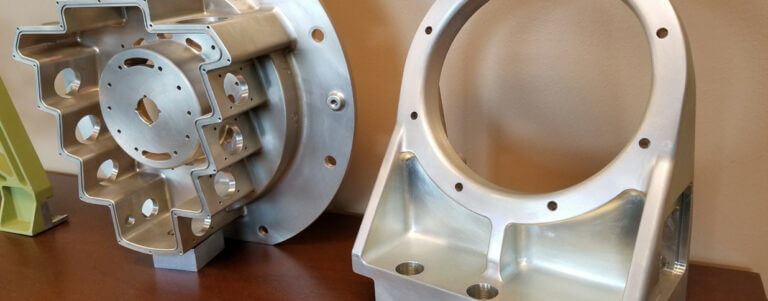
ADEPT Technologies saves up to $30,000 on annual tooling costs with SURFCAM Traditional
It’s no surprise that cutting-edge technologies are regularly integrated by ADEPT Technologies, Inc., a small-but-mighty pace-setting company that has specialized in providing aerospace and defense solutions for nearly 25 years.
In addition to the defense and aerospace sectors, Huntsville, Alabama-based ADEPT serves the information technology (IT) and energy industries, among others. As a state-of-the-art engineering and precision manufacturer, the company produces everything from simple components to multi-part assemblies and offers integration assistance to its varied customer base.
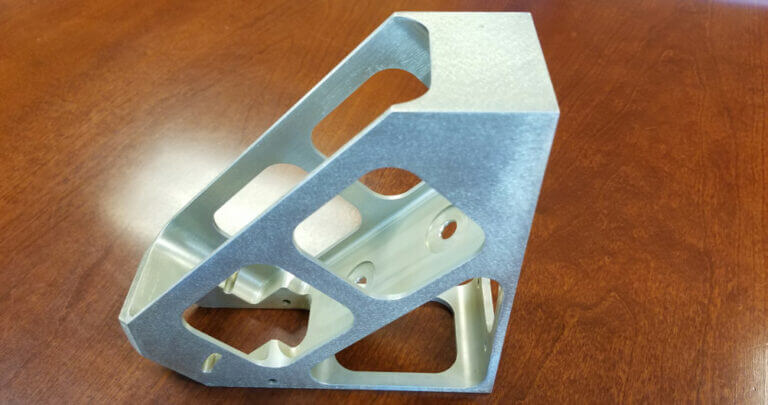
“There’s a wide range of jobs that we perform and, while some are pretty simple, others are very complex and can include assemblies with several components,” says Production Control Manager Robert Hunter, who oversees manufacturing activities at the company’s 100,000 squarefoot facility. “Some of the parts we make can fit in the palm of your hand, but others go all the way up to the size of a small car.”
Since 1995, ADEPT has used the SURFCAM Traditional computer-aided-manufacturing (CAM) solution to program its CNC machinery.
To handle its advanced design needs, ADEPT uses the SOLIDWORKS® computer-aided-design (CAD) solution, by Dassault Systèmes, which generates solid models than can be seamlessly imported into SURFCAM for the application of toolpath.
“Everything can be programmed offline, which saves a lot of time,” says Programmer Billy Kidder, who uses the two CAM solutions to program parts in up to three axes. SURFCAM Traditional provides production strategies designed to tackle specific part challenges, such as sharp corners, complex surfaces, and thin walls.
Among the specialized machining strategies utilized by ADEPT is SURFCAM Traditional’s TRUEMill cycle, which generates optimized roughing toolpath performed with a one-step 3D-roughing through pre-finishing operation.
As the amount of remaining material is reduced after each pass, TRUEMill delivers a synchronized multipletool strategy that coordinates up to eight tools in a single operation.
Regardless of how many tools are used, the specialized cycle creates uniform step height across all surfaces while removing material at significantly faster rates and greater depths of cut.
“TRUEMill is faster than a traditional approach to removing the material because it enables you to use the whole tool. For example, you helix the whole flute length into the part and step down incrementally, which makes it easier to use what you have at your disposal,” Kidder says.
“Being able to use the whole tool instead of just the end of the endmill means that you’re getting to use what you paid for. We’re always trying to extend the tool life and get the most of out our tools.”
ADEPT also utilizes SURFCAM Traditional’s Waveform roughing strategy, which is designed to rapidly remove large amounts of material while ensuring that tool engagement with the material remains consistent, and that a constant volume of material is removed. A significant benefit for ADEPT is that the cycle also allows heat to dissipate evenly instead of being concentrated into one area and trapped, which extends tool life and significantly limits breakage.
Kidder estimates that use of the TRUEMill and Waveform cycles has helped the company cut tooling costs by about $30,000 annually. “You definitely change or die in this business, and we are able to be more efficient with time and tooling because of the changes in technology we have made.”
ADEPT often follows the Waveform cycle with the rest-machining cycle, which is used to automatically identify and remove material that remains after the roughing cycle is complete. Especially useful for removing material in hard-to-reach areas, rest-machining uses consecutively smaller tools with each pass.
“You can use Waveform to rough the surface out, and then can come back and make smaller passes at it,” Kidder says. “At that point, it almost looks like a finished part, and then you just need to run a finish pass on it.”
To machine complex single surfaces, Kidder uses 3-axis cut toolpath, which allows him to program the cutting tool to cut below the surface if needed. With 3-axis cut, he also has the flexibility to leave behind a designated amount of stock, or to remove all of the remaining material. This toolpath also allows Kidder to easily edit and regenerate toolpath, and control the direction in which cutting is performed.
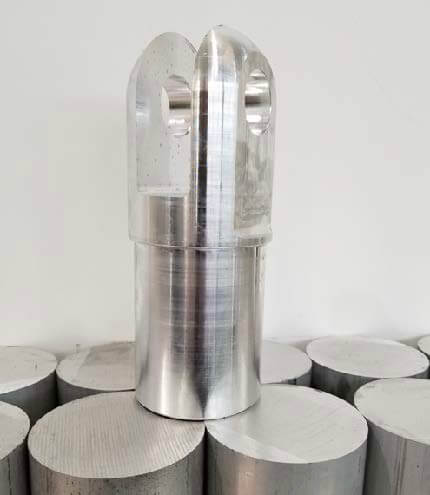
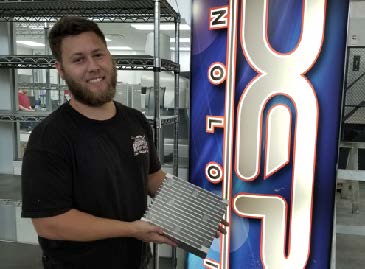
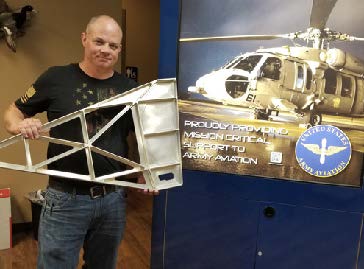
You definitely change or die in this business, and we are able to be more efficient with time and tooling because of the changes in technology we have made.
Billy Kidder Programmer
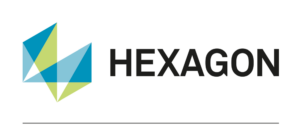
Hexagon is a global leader in sensor, software and autonomous solutions. We are putting data to work to boost efficiency, productivity, and quality across industrial, manufacturing, infrastructure, safety, and mobility applications.
Our technologies are shaping urban and production ecosystems to become increasingly connected and autonomous – ensuring a scalable, sustainable future.
Hexagon’s Manufacturing Intelligence division provides solutions that utilise data from design and engineering, production and metrology to make manufacturing smarter. For more information, visit hexagonmi.com.
Learn more about Hexagon (Nasdaq Stockholm: HEXA B) at hexagon.com and follow us @HexagonAB.